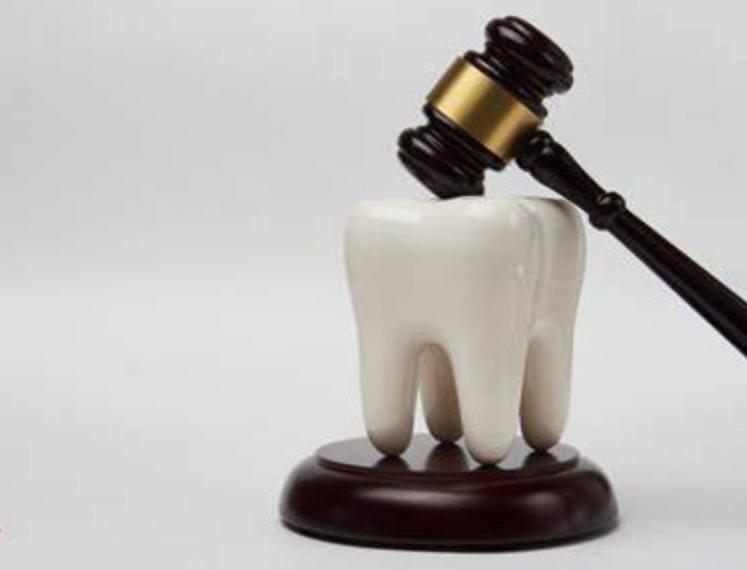
INCORPORATING A PRACTICE - HOW TO GET IT RIGHT
It is not part of a dentist’s practice to understand the intricacies of incorporating a small business, which you may well be undertaking on the advice of your accountant, who may not be dentally experienced themselves.
An incorporation which is not properly and professionally considered can result in significant problems for the dental practitioner should things go wrong.
The dental practice world for a long time now has been populated by large corporate bodies and the number of these organisations is rising, but there will remain those dentists who wish to remain independent and may seek to incorporate their business. Equally so, there will be those practices that have already incorporated where the procedures followed were “flawed”.
A “flawed incorporation” can be compounded over time as the business grows. It is therefore, essential that the incorporation is handled correctly at the outset.
A common problem arises with NHS practices. A GDS contract cannot be incorporated without the consent of NHS England. Those practices that seek to incorporate without such consent will not have a contract in the name of the new company and whilst day to day, the treatment offered will not change, when it comes to a change in practice ownership, the faults will come to light.
There are fundamental changes to consider when incorporating a practice. All the assets will transfer to the company. However, the largest asset, which invariably will be the GDS contract is not owned by the individual and therefore, without NHS England’s permission, cannot be transferred. Thus, if consent is not obtained, that would amount to a fundamental breach of the GDS contract which could result in the NHS terminating it.
The NHS contract will be the principal source of income for many practices. If the GDS contract is not properly incorporated, then when it comes to disposal of the practice, the major asset will not belong to the shareholders and will be in effect worthless and unsaleable. The company would be of little value and the prospect of disincorporation could have serious consequences.
Another common failure is to overlook notifying the lender of the intended incorporation. It is likely to be a condition of the bank loan that they are advised of any material change to the business and such a fundamental change could render the loan voidable.
If a practice comes to market, it will be the Buyer’s task to fully investigate the company and ensure that proper procedures were followed when incorporation took place. If that proves not to be the case, it will have the adverse effect of substantially reducing the price or causing the deal to abort. Inevitably, it will lead to significant delays in the timetable.
Additionally you should not overlook the HMRC position. Any irregularities in the procedure may well attract the interest of HMRC and result in a tax investigation which can prove expensive and lengthy. Such may put off a potential purchaser.
It is therefore, easy to see how there can be serious problems if procedures are not followed correctly. It is only when the practice is put up for sale that these problems manifest and at that stage, it may be too late to avoid the consequences referred to above.
We appreciate and understand that dentists are primarily concerned with the delivery of professional dental care and are reliant on others to take care of their financial and legal needs. Attention to detail is as important in the legal world as it is in the dental space and Jacobs Legal prides itself on delivering business efficiency for all of its customers.
If you would like an assessment of your needs please contact Jonathan Jacobs at Jacobs Legal on info@jacobs-legal.co.uk and request a consultation.
Jacobs Legal is a Consultant Practice of Nexa Law Limited, which is Authorised and Regulated by the Solicitors Regulation Authority.
(SRA number 633024)
All Rights Reserved | Jacobs Legal Ltd






